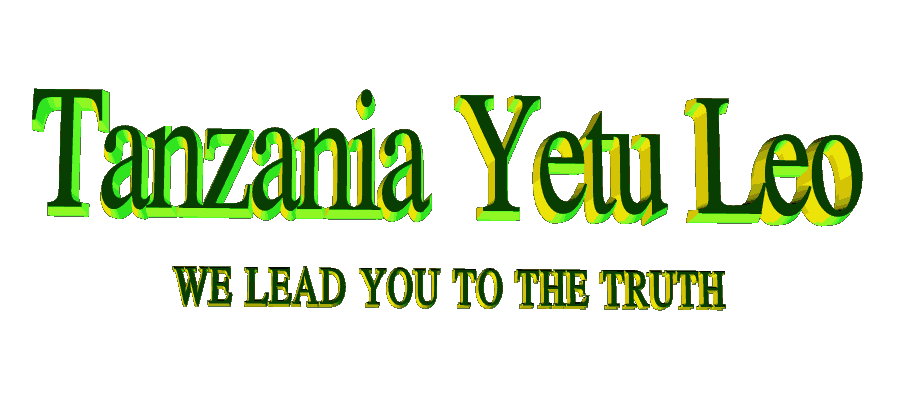The aim was also to highlight the key roles that women play in the family and the society in general. In Tanzania, support for women’s issues is one of the priorities of government as well as non-governmental agencies.
The campaign drew the attention of policy makers, governments and civil society, to advocate for the elimination of all forms of violence against women and foster community rights development organizations.
HakiMadini under the ‘We Can’ campaign “Twaweza” has been organising various activities in Arusha as part of the 16-day activism in collaboration with district alliances, organisations, change makers and institutions since last year. This year, the event was marked on November 30 at the Blue Fame Triple A .
Activists focused attention on the issue that violence against women is one of the most widespread of human rights abuses. It includes physical, sexual, psychological and economic abuse, cutting across boundaries of age, race, culture, wealth and geography.
It takes place at home, on the streets, in schools, the workplace, in farm fields, refugee camps, and especially during conflicts and crises. Its manifestations range from the most universally prevalent forms of domestic and sexual violence to harmful practices, abuse during pregnancy and other types of femicide.
Globally, six out of every ten women experience physical and/or sexual violence at one time or another. A World Health Organization study of 24,000 women in 10 countries found that the prevalence of physical and/or sexual violence by a partner varied from 15 percent in urban Japan to 71 percent in rural Ethiopia, with most areas being in the 30-60 percent range.
When people think of spousal abuse, the danger lies in criminalising all men and hating them for their violent nature, yet surely not all men are violent.
The Tanzanian population is estimated to be 44.7 million as for July 2011. Almost half of the population is under 15 years which makes it about 21 million people.
Roughly in every three people only one is a man. That gives the ratio of two to one. Simply, this means that we are talking about seven million men - potentially violent, which can be translated into a lot of cases of physical domestic abuse.
There are many reasons one can give for violent actions by men, though they can never be justified. But the bottom line should be that at any cost should be change our ways and mainly culture by challenging and changing social attitudes, behaviour and practices that engender violence against women.
“In association with the Twaweza national alliance’s mandate to facilitate and create networks for action, our programme will be organised in partnership with various institutions. Working in partnership ensures that domestic violence remains everyone’s responsibility,” said David Mtiruka, acting director of Haki Madini.
Two years of the “Twaweza” camping in Arusha Region focused on awareness and creating change makers, at the same time clarifying obligations of the state to prevent, eradicate and punish violence against women. However, the continued prevalence of violence against women demonstrates that this global pandemic of alarming proportions must continue to be attacked with creative new strategies.
“Violence against women and girls has far-reaching consequences, harming families and communities. For women and girls aged between 16 - 44 years, violence is a major cause of death and disability. In 1994, a World Bank study on ten selected risk factors facing women in this age group found rape and domestic violence more dangerous than cancer, motor vehicle accidents, war and malaria.
Studies also reveal increasing links between violence against women and HIV and Aids. A survey among 1,366 African women who live in Africa including Tanzania showed that women who were beaten by their partners were 48 percent more likely to be infected with HIV than those who were not,” said the northern zone project manager of the “Twaweza,” campaign, Eliamani Rassia.
The Twaweza campaign has made some progress in addressing violence against women in Arusha, Manyara and Kilimanjaro and it has contributed to instituted national plans of action.
However, gaps still remain as there are no specific legal provisions against domestic violence, while marital rape is not a prosecutable offence in Tanzania, he pointed out.
“Observations relevant to research, policy and service provision enabled us to have a general picture of the nature of the problem behind violence against women in the zone. Some of the problems identified are structural, cultural and others social, all posing challenges to the media and others in addressing the matter.
A solution to conflict, as proposed by one of interviewed activists, is to discuss all differences before they blow out of proportion.
“When things get too hot and complicated, I prefer to walk away from the situation and come back to it after they have calmed down,” he added.
